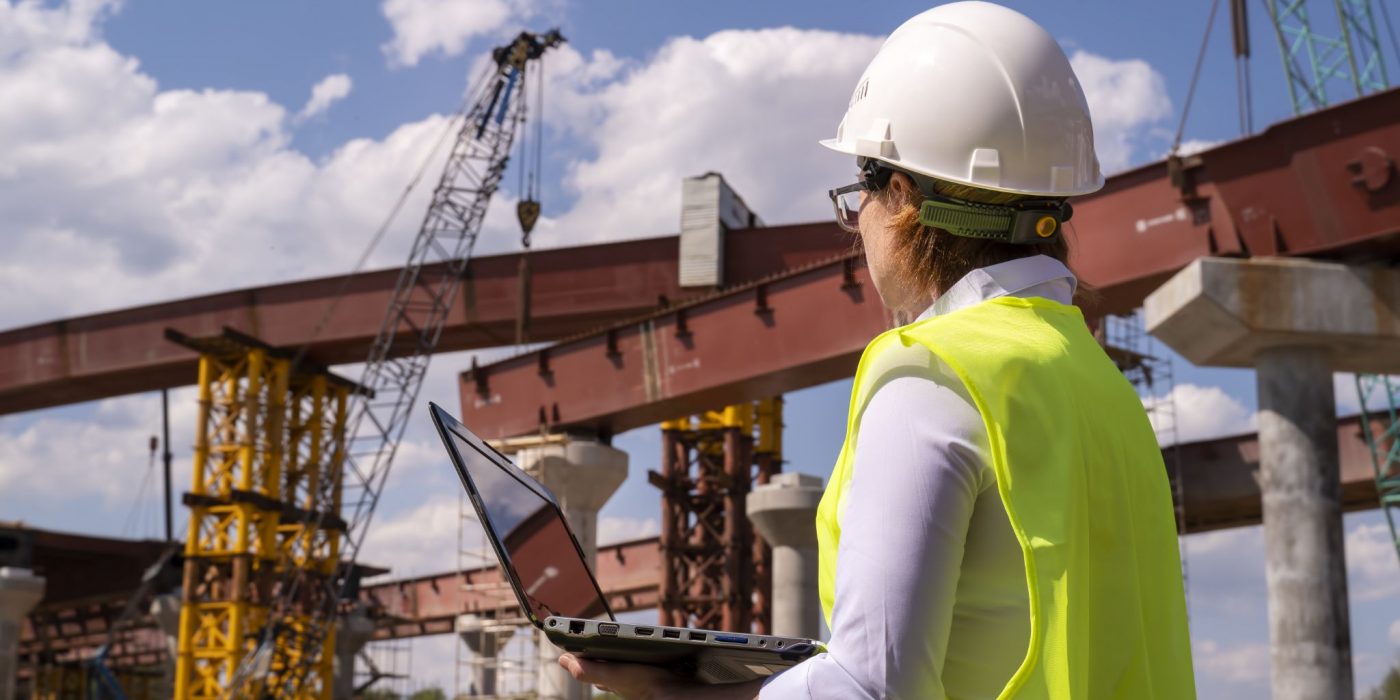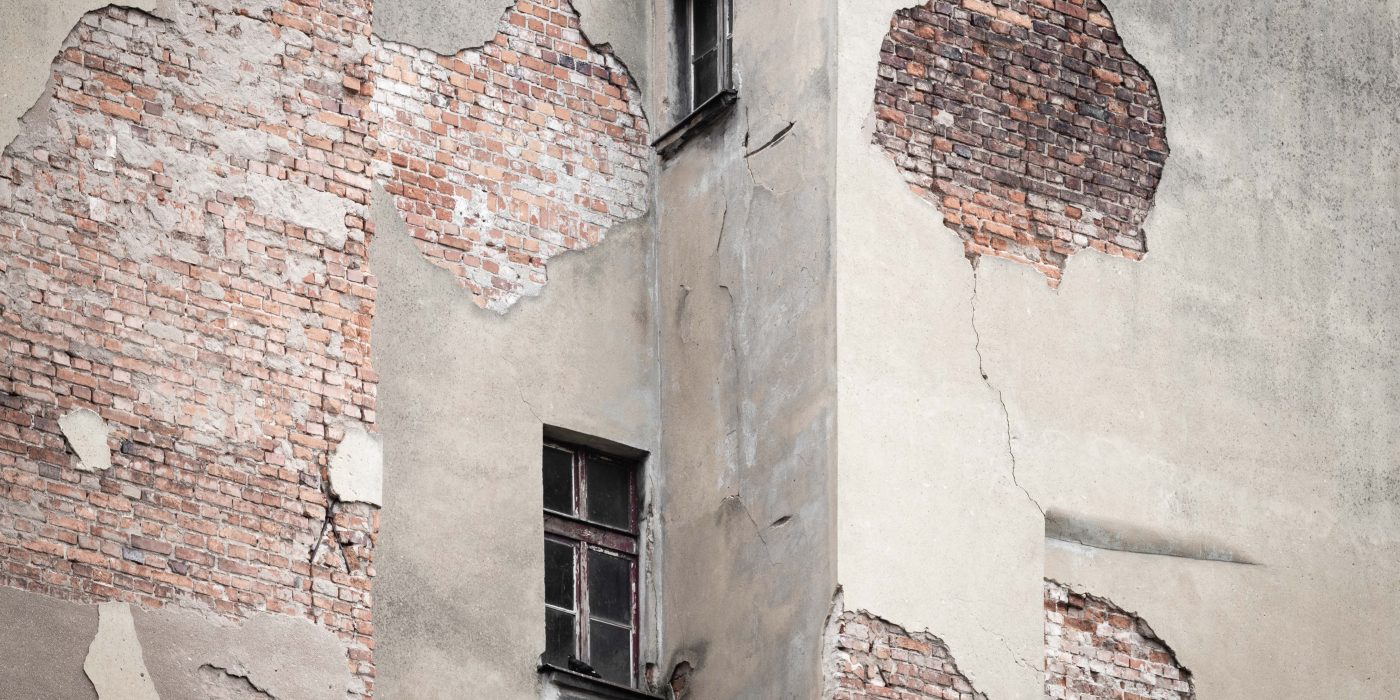When an issue occurs within the home, it’s important to call a professional with the skills and qualifications to provide an appropriate solution. While different trades may have a basic understanding of a job and can provide a quick fix, they may be lacking the skills to diagnose the cause of the issue and provide a long-term solution. Understanding the difference between a builder and a remedial building specialist takes the guesswork out of solving an issue whilst saving you time and money.
What is a Remedial Building Specialist?
While most builders will simply fix any damage or breakages, remedial building specialists are focused on identifying the underlying cause of the issue to prevent further damage from occurring. Using their extensive knowledge and experience, they will develop a plan to remedy the issue, working with subcontractors to undertake the necessary work to expose the underlying problem before repairing it properly. Remedial building specialists will provide a solution to severe issues within the home that require remedial repairs, including:
- Sinking buildings
- Water damage
- Severe leaks
- Cracks in facades or retaining walls
What is a Handyman?
‘Handyman’ is a catch-all term that can be used by anyone who’s skillset involves the basic repair, maintenance and improvement of a property. In Australia, handymen are not required to be licensed and may require additional support if your project involves specialist work, such as rewiring electrical circuits or changing the structure of a building. You can call a handyman for all basic repairs, including:
- Patching a wall
- Painting
- Replacing a window trim
- Simple home installations
What is a Builder?
A builder is a licensed professional who is a qualified and verified tradesperson. They are responsible for the construction of a project, and work alongside other contractors to complete a project if it requires additional qualifications. A builder will construct and repair structures, manage the purchasing of materials, coordinate sub-contractors such as electricians and plumbers, and oversee the project to ensure the work progresses as planned.
A builder should be called for surface-level problems that require a quick fix. While builders are competent at constructing and repairing buildings, they do not have the skills or experience to diagnose a serious issue and identify the necessary process to rectify the underlying cause of any damage.
Elite Australian Engineers are experts in the diagnosis and reparation of issues within a structure. Our team of remedial building specialists are available to identify the underlying cause of a given issue and provide cost and time-effective solutions to ensure no further damage occurs. Contact us today to learn more about our remedial building specialists.





